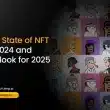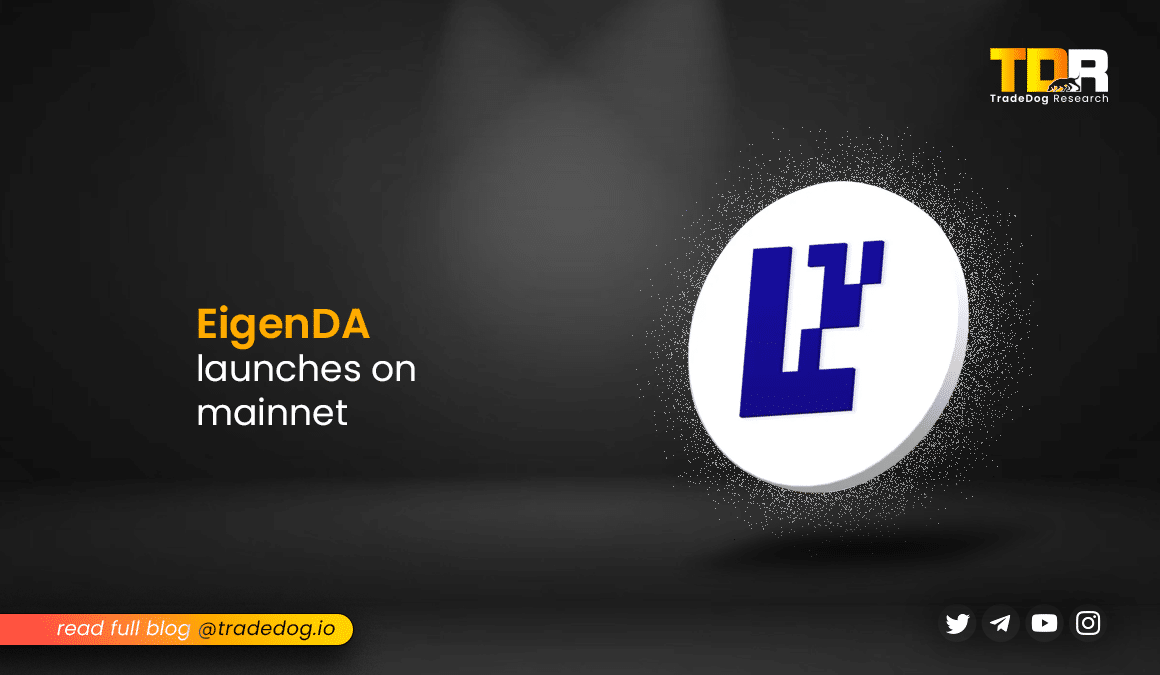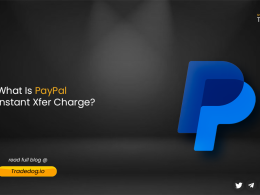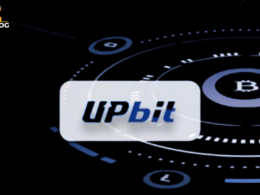Quick Links
Eigen Labs has finally launched the EigenDA on the Ethereum mainnet, the first actively validated service (AVS) on EigenLayer. EigenLayer’s restaking technology, launched on the mainnet in June 2023, has already garnered significant traction With ~ $15.06 Bn worth of ETH already restaked. AVSs are essentially middleware services that leverage EigenLayer’s restaking security to provide additional functionalities.
What’s Live Now?
The current launch offers the following functionalities:
- Restaking ETH: Restakers can now delegate their restaked ETH balance to Eigenlayer operators, who in turn operate AVS.
- Registering AVSs: Actively Validated Services (AVSs) can register on EigenLayer but cannot fully deploy as of now.
What’s Coming Soon?
While some critical features are set to launch later this year including:
- In-protocol payments from AVSs to operators: This feature will allow AVSs to pay operators for their services.
- Slashing: This penalty mechanism will discourage malicious behavior from operators.
- Interest payouts to restakers: Restakers will eventually earn interest on their staked ETH.
- Full deployment of other AVSs: While EigenDA is the first, additional AVSs are expected to launch in the future.
What is EigenDA?
EigenDA is a decentralized data availability service (DAS) built on top of EigenLayer’s restaking technology. It addresses a critical bottleneck for Ethereum rollups: storing transaction data in a secure and scalable manner. Rollups, while offering improved scalability compared to the Ethereum mainnet, still face challenges related to data availability. Storing all transaction data on-chain can become expensive and impractical as rollup throughput increases.
EigenDA’s strengths lie in its:
- Decentralized Architecture: Independent operators, incentivized by stake, ensure data integrity and eliminate reliance on a central authority.
- Scalable Design: Write throughput grows with the number of operators, enabling the network to handle expanding data demands.
- Security through Stake: It inherits security from EigenLayer, where operators have delegated stakes. Misbehaving operators risk losing their stake, deterring malicious behavior, and ensuring data integrity.
- Cost-Effective Storage: It offers flexible pricing options, including on-demand and reserved bandwidth, making it a cost-effective solution for rollups of all sizes.
How EigenDA Works
EigenDA operates through a three-pronged approach involving operators, a disperser, and retrievers:
- Operators: These are independent entities running the EigenDA node software and registered on EigenLayer with a delegated stake. They are responsible for storing data blobs associated with valid storage requests.
- Disperser (Untrusted): This service, currently hosted by EigenLabs, acts as an intermediary between EigenDA clients, operators, and contracts. It facilitates data dispersal, verification, and registration on the Ethereum mainnet.
- Retrievers (Untrusted): These services retrieve data chunks from operators, verify their accuracy, and reconstruct the original data for users. EigenLabs offers a retriever service, but rollups can also run their retrievers.
The data flow through EigenDA involves the following steps:
Basic flow of data through EigenDA
- The roll-up sequencer sends a batch of transactions as a blob to the EigenDA disperser sidecar.
- The disperser sidecar divides the blob into chunks, generates multi-reveal proofs, and distributes these chunks to EigenDA operators.
- Operators store the chunks and send confirmation signatures back to the disperser.
- The disperser aggregates these signatures and registers the blob on-chain by submitting a transaction to the EigenDA Manager contract.
- The EigenDA Manager contract verifies the signatures and stores the result on-chain.
- The roll-up sequencer then posts the EigenDA blob ID to its inbox contract for verification.
- The inbox contract checks with the EigenDA Manager contract to confirm the blob’s availability before accepting it.
Benefits for Rollups
EigenDA offers a compelling set of advantages for rollups:
- Future-proof Scalability: EigenDA’s design allows it to scale efficiently, potentially supporting 1,000x more transactions on rollups compared to current solutions.
- Cost Flexibility: The service offers flexible pricing options, including on-demand and reserved bandwidth, along with the ability to use native tokens for payments.
- Ease of Integration: EigenDA integrates seamlessly with existing solutions like OP Stack and Arbitrum Orbit, making it easy for rollup developers to adopt. Integrations with other rollup platforms like Polygon CDK & Starware are also in the works.
- Future Native Token Staking: Rollups will have the option to customize EigenDA for using their native tokens in a separate quorum for data availability verification.
Looking Ahead
The launch of EigenDA marks a significant milestone for Ethereum scalability. By providing a secure, scalable, and cost-effective solution for data availability, EigenDA empowers rollup developers to unlock the full potential of Ethereum. With its modular design and future-proof architecture, EigenDA is poised to play a pivotal role in the evolution of the Ethereum ecosystem.









